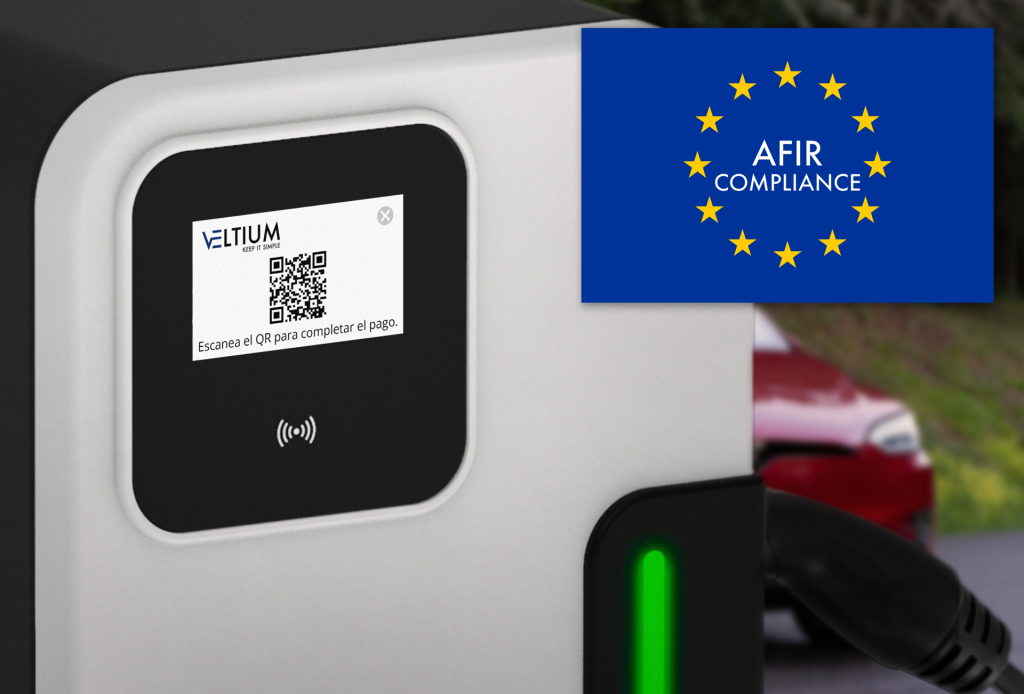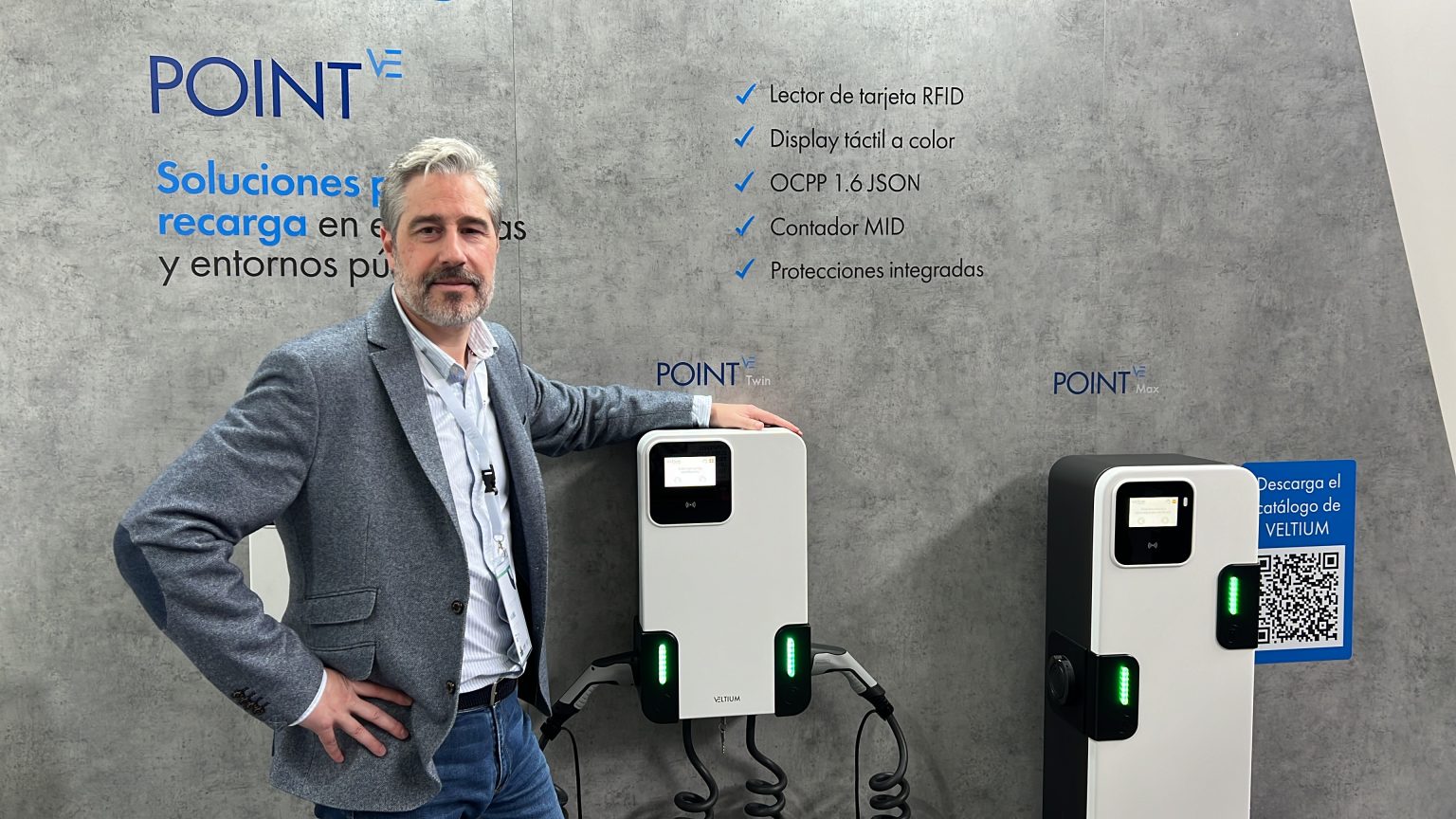In recent years, we have witnessed the significant evolution of electromobility, particularly in the technological realm, leaving some gaps in the user experience, which is to be expected to some extent.
The recent changes stemming from the implementation of the AFIR regulation, especially regarding payment methods for public charging, mark a milestone and a shift in this trajectory.
These changes not only reflect consumer needs but also set a new standard in the user experience.
Accessibility, transparency, and innovation
At VELTIUM, we have always championed accessibility and convenience, and the ability to charge without the need for subscriptions or complex contracts is a step forward in the democratisation of electric vehicle charging.

The increased ability to make ad hoc payments at charging stations is a development we enthusiastically welcome, especially when it comes to cross-border journeys or trips beyond our usual routines.
Clarity in pricing structures is fundamental to consumer trust. The regulatory changes requiring greater transparency and non-discriminatory pricing align perfectly with our philosophy. We believe every user deserves to know exactly what they are paying for, without surprises or hidden costs.
The requirement for electronic payments and the option for online payments are aspects that VELTIUM has already integrated into its public charging solutions.
These regulatory changes validate our current direction and propel the entire industry towards innovation and modernisation.
The AFIR regulation pushes us all to consider how our charging solutions can contribute to a more efficient and sustainable grid. We are committed to developing technologies that benefit our customers while supporting the global energy transition.
Turning Necessity into Experience
The changes in the AFIR regulation reflect an evolving industry and a society that demands smarter, more accessible, and fairer solutions. At VELTIUM, we embrace these changes and see them as an opportunity to continue leading the way towards a greener and more connected future.
Charging electric vehicles is no longer just a necessity but an experience that should be enjoyed by all.








